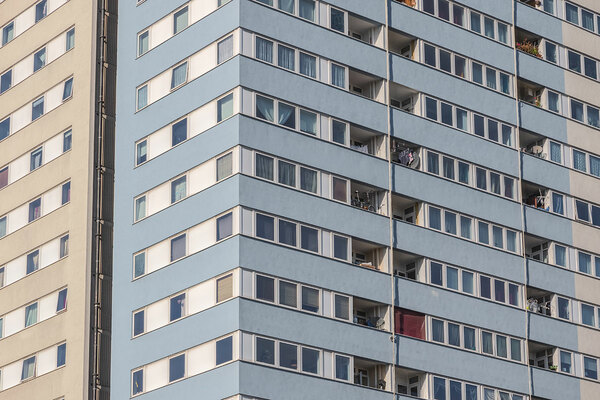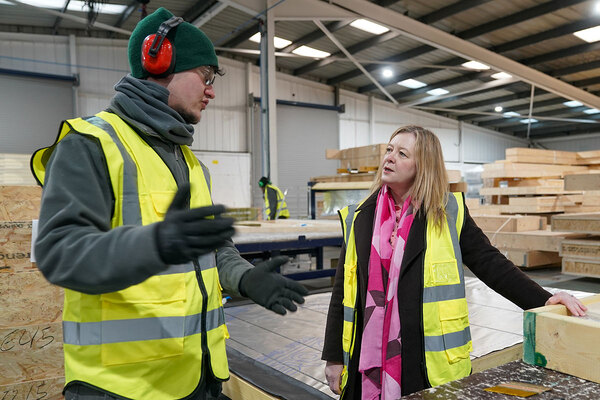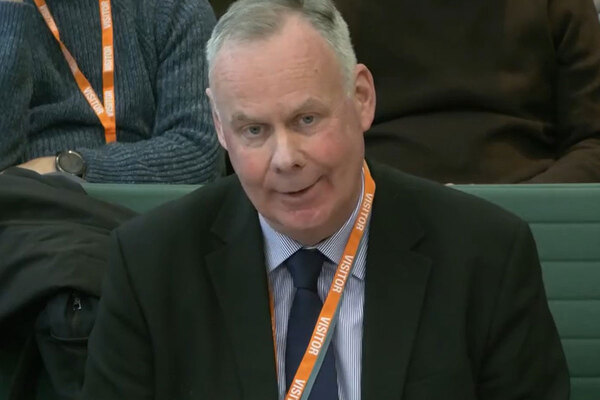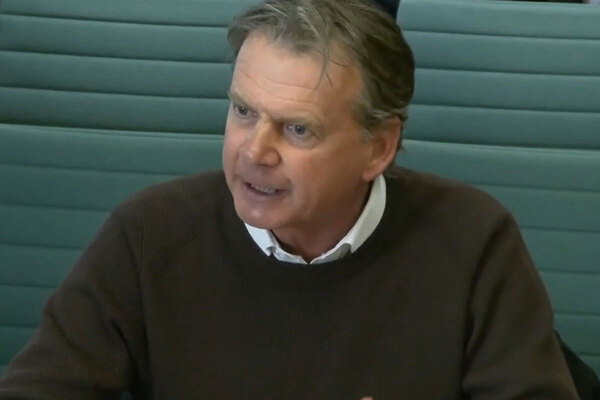Welsh government stands firm over decision not to help fix private ACM-clad blocks
A Welsh government minister has said that the administration in Cardiff will not be following England in helping fix private blocks with Grenfell-style cladding, arguing that taxpayers should not have to fund construction “failures” involving privately owned property.
Wales’ housing and local government minister Julie James admitted that she is aware of “a number of high-rise residential buildings with significant building defects” where there appeared to be a “disregard” for building regulations.
She also acknowledged that the leaseholders could be on the hook for thousands of pounds of costs as disputes with landlords over liability rumble on.
However, in a written statement today she confirmed that the devolved administration will not make money available to the private sector.
The Residential Landlords Association had previously called for the Welsh government to offer short-term loans to allow remediation work to take place on private blocks while liability issues were settled.
In England, ministers launched a £200m fund in May for private owners and developers to fix blocks wrapped in aluminium composite material (ACM) cladding.
In her statement, Ms James echoed former housing secretary James Brokenshire by calling on private building owners to “face up to their moral responsibility and put right these faults or else risk their professional reputation.”
She encouraged leaseholders in private blocks to confront their landlords to ensure “adequate” fire safety plans are in place.
But she acknowledged that some leaseholders are facing “significant financial strain” as some landlords are “demanding tens of thousands of pounds to pay for the necessary remediation works”.
“This is entirely unfair on those who bought their properties in good faith,” Ms James said.
The minister pointed to problems with buildings built in only the past 15 years. She said: “These faults appear not to be caused by poor maintenance or neglect but potentially as a result of poor workmanship, improper oversight and at times, it seems, a disregard for building regulations.”
Wales is funding the replacement of ACM on public buildings and last year provided £3m to help remediate three blocks owned by a housing association. But Ms James added: “Taxpayers cannot be expected to fund failures in the construction of private sector residential buildings.”
Wales launched a consultation last year on banning the use of combustible materials on residential high rises.
In 2011, Wales became the world’s first country to pass a law making it compulsory for all new and converted homes to have sprinklers.
Ms James added: “I am working to further promote the use of sprinklers in existing homes.”
Earlier this month, the Westminster government launched a consultation on reducing the height threshold in which sprinklers are required in new blocks in England.











